Category

Popular Products
-
 Dental Air Compressors
Dental Air Compressors
KSh 50,000.00Original price was: KSh 50,000.00.KSh 39,999.00Current price is: KSh 39,999.00. -
 Suunto Clinometer P5
Suunto Clinometer P5
KSh 39,500.00Original price was: KSh 39,500.00.KSh 35,000.00Current price is: KSh 35,000.00. -
 Drip Stand
Drip Stand
KSh 5,200.00Original price was: KSh 5,200.00.KSh 4,500.00Current price is: KSh 4,500.00. -
 Etrex 10
Etrex 10
KSh 18,500.00Original price was: KSh 18,500.00.KSh 17,500.00Current price is: KSh 17,500.00. -
 Distilled Water
KSh 550.00 – KSh 800.00
Distilled Water
KSh 550.00 – KSh 800.00
Latest News
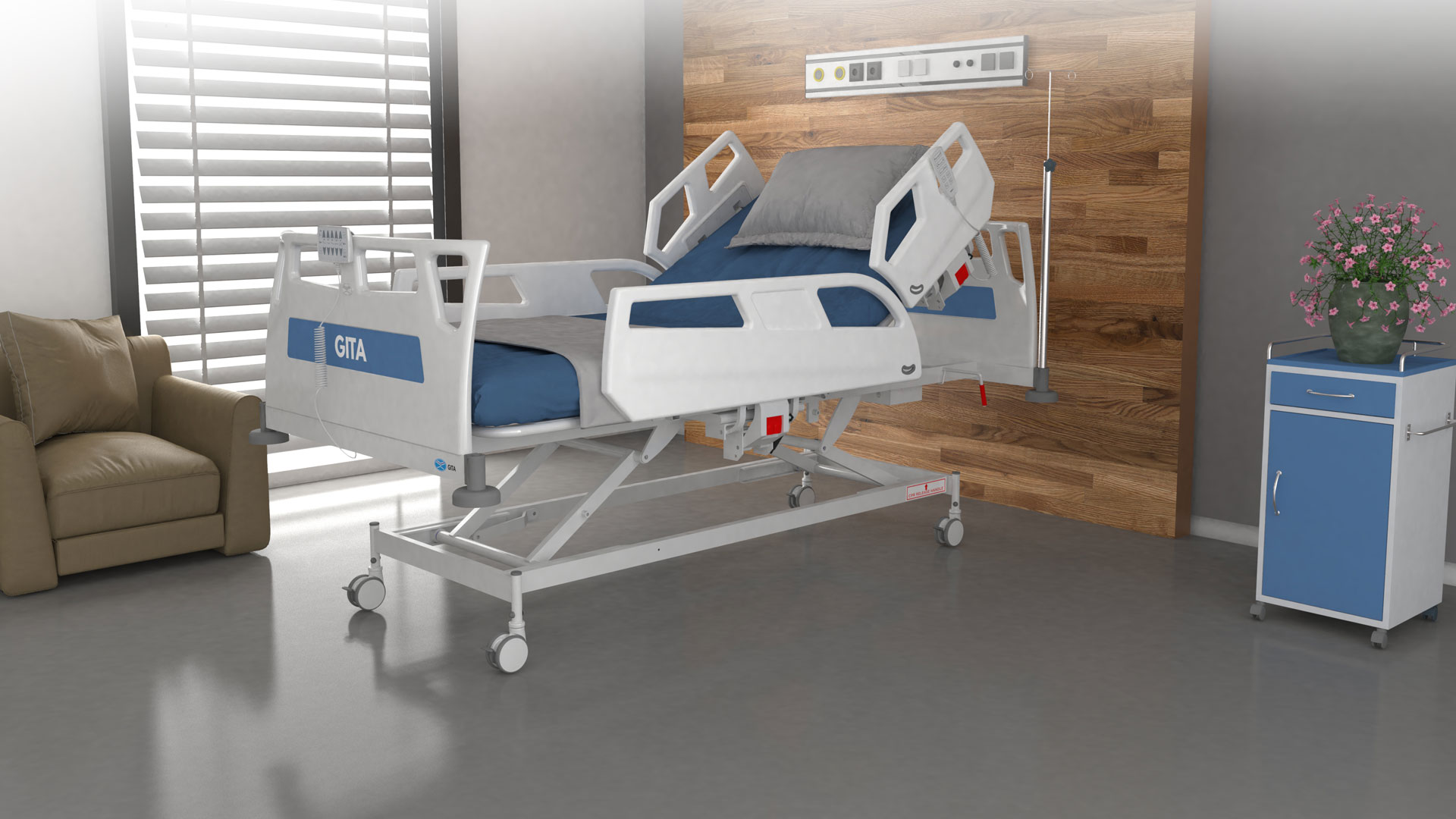
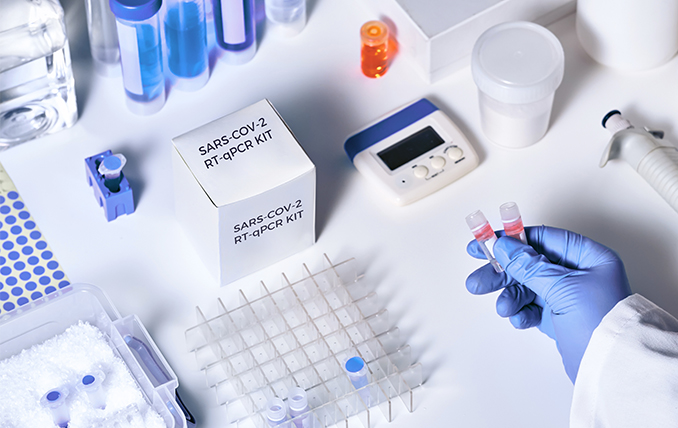

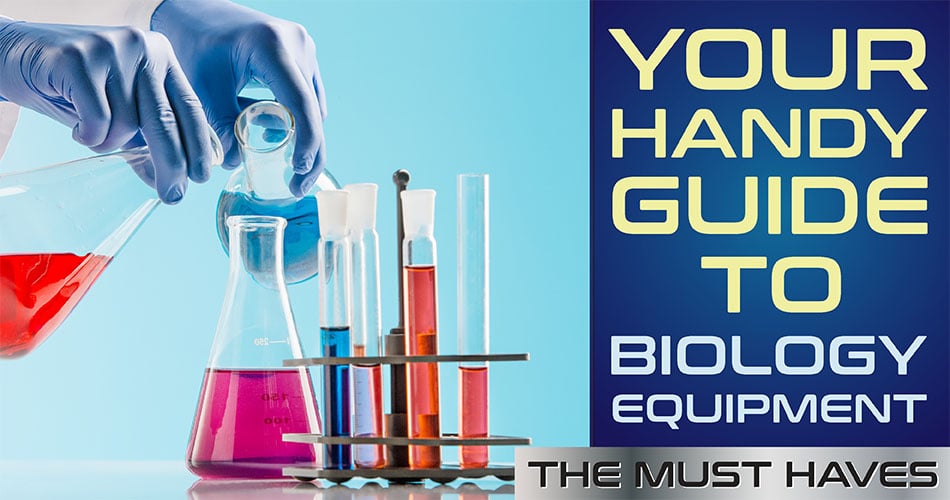
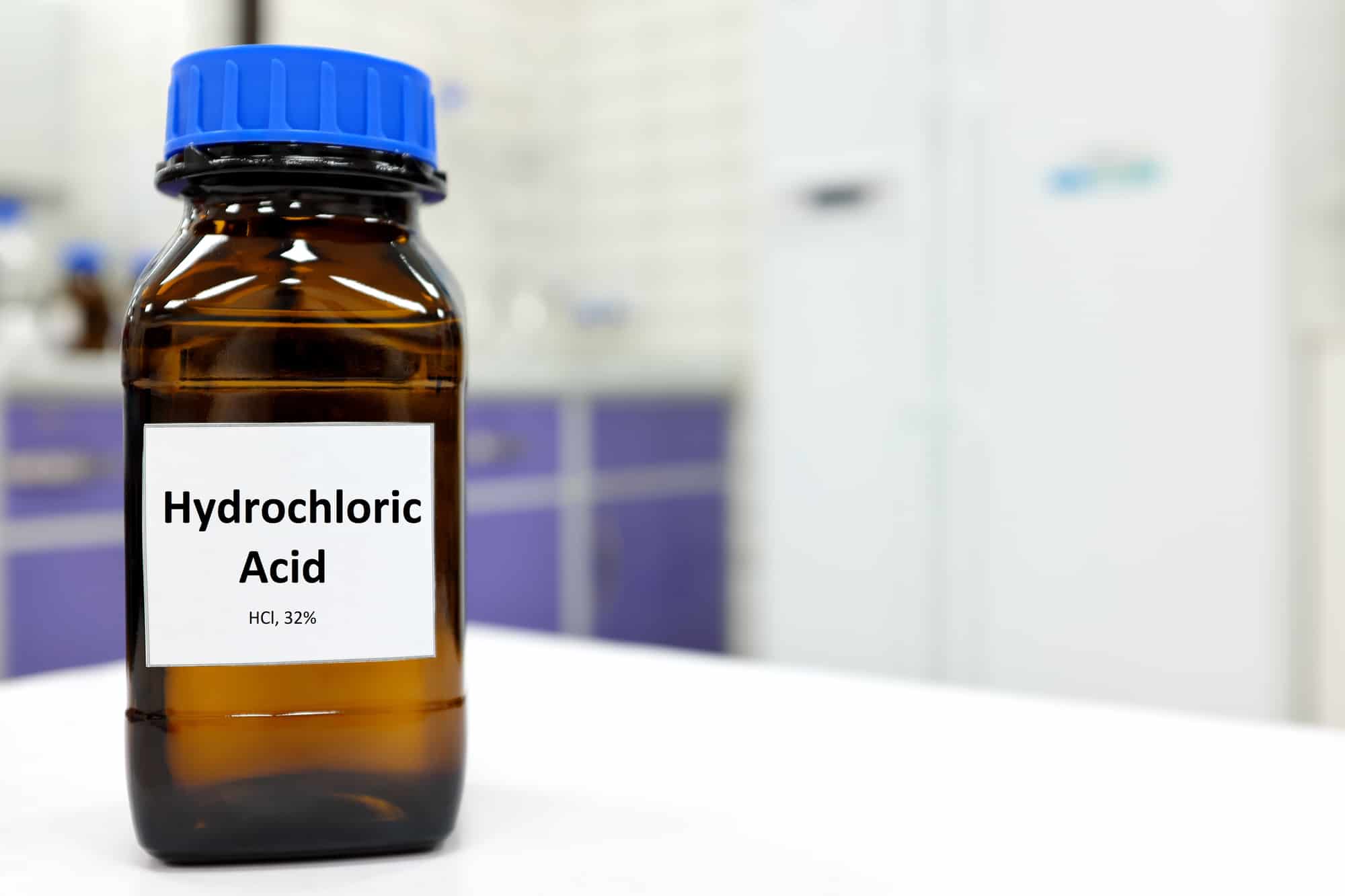


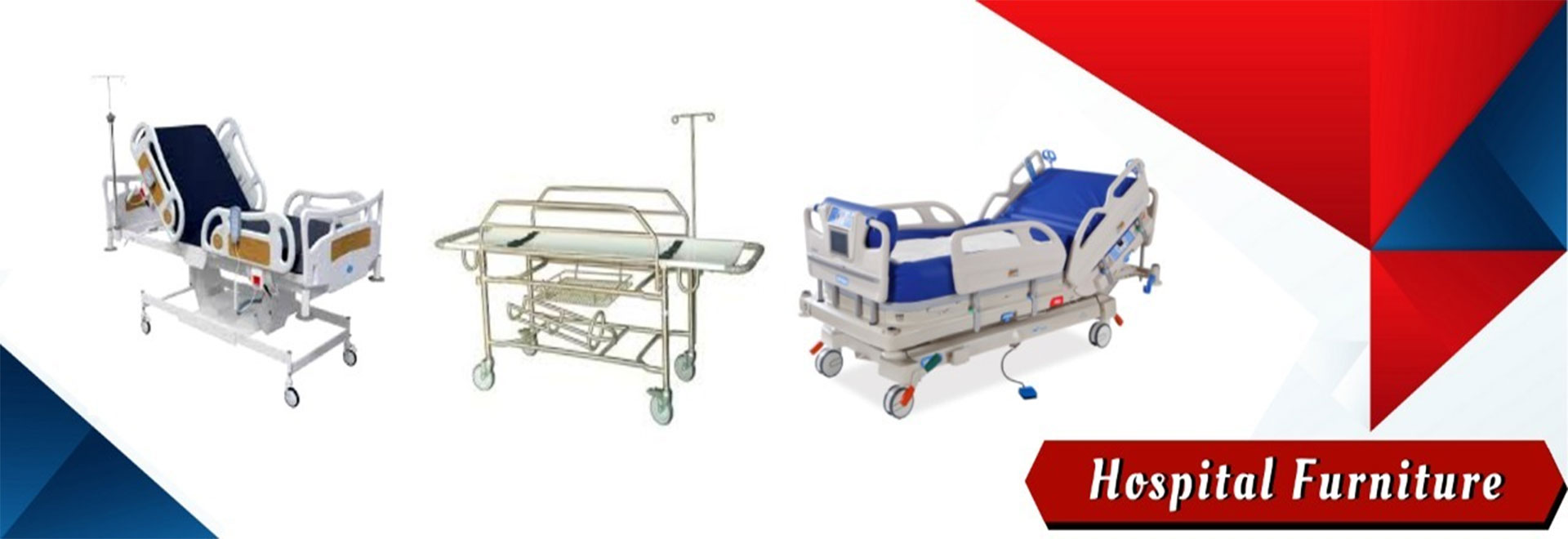

On Sale Products
-
 CBR swell Tripod
CBR swell Tripod
KSh 35,000.00Original price was: KSh 35,000.00.KSh 32,000.00Current price is: KSh 32,000.00. -
 Sodium Alginate Extrapure 250g
Sodium Alginate Extrapure 250g
KSh 19,500.00Original price was: KSh 19,500.00.KSh 15,950.00Current price is: KSh 15,950.00. -
 FOIF RTS102 Total Station Complete
FOIF RTS102 Total Station Complete
KSh 680,000.00Original price was: KSh 680,000.00.KSh 650,000.00Current price is: KSh 650,000.00. -
 Biospy Needle
Biospy Needle
KSh 3,800.00Original price was: KSh 3,800.00.KSh 3,500.00Current price is: KSh 3,500.00. -
 Biohazard Box 5ltrs
Biohazard Box 5ltrs
KSh 300.00Original price was: KSh 300.00.KSh 250.00Current price is: KSh 250.00.


In recent years, there has been a significant increase in the demand for hospital diagnostic kits in Kenya. These kits play a critical role in the diagnosis and treatment of various medical conditions. They enable healthcare professionals to identify diseases, monitor disease progression, and provide targeted treatments to patients. This article provides an in-depth look at the various hospital diagnostic kits available in Kenya, their applications, and the challenges facing their adoption and use.
Rapid Diagnostic Tests (RDTs)
Rapid diagnostic tests are simple, affordable, and easy-to-use diagnostic kits that are used to detect the presence of specific antigens or antibodies in patient samples. RDTs are commonly used to diagnose infectious diseases such as malaria, HIV, tuberculosis, and hepatitis B and C. These diagnostic kits are particularly useful in resource-limited settings, where access to laboratory infrastructure and trained personnel is limited. RDTs deliver results within minutes, allowing healthcare professionals to initiate appropriate treatment quickly.
In Kenya, the use of RDTs has increased significantly in recent years, particularly for the diagnosis of malaria. The country has one of the highest malaria burdens in Africa, with an estimated 27.3 million people at risk of infection. Malaria RDTs are widely used in Kenya to diagnose and treat malaria in both public and private healthcare facilities. In addition to malaria, RDTs are also used to diagnose other infectious diseases, including HIV, tuberculosis, and hepatitis B and C.
Enzyme-Linked Immunosorbent Assay (ELISA) Kits
ELISA kits are diagnostic kits that use antibodies and antigens to detect the presence of specific proteins in patient samples. ELISA kits are commonly used to diagnose infectious diseases, autoimmune disorders, and cancer. In Kenya, ELISA kits are widely used to diagnose infectious diseases such as HIV, hepatitis B and C, and syphilis. These diagnostic kits are also used in the diagnosis and monitoring of cancer and autoimmune disorders such as lupus and rheumatoid arthritis.
The use of ELISA kits in Kenya has been instrumental in improving the diagnosis and management of infectious diseases. However, the adoption and use of these diagnostic kits face several challenges, including limited access to laboratory infrastructure, limited funding, and inadequate training of laboratory personnel. In addition, there is a need for regular quality control and quality assurance of ELISA kits to ensure accurate and reliable results.
Polymerase Chain Reaction (PCR) Kits
PCR kits are diagnostic kits that are used to amplify DNA or RNA sequences in patient samples. PCR kits are commonly used in the diagnosis of infectious diseases, genetic disorders, and cancer. In Kenya, PCR kits are used to diagnose infectious diseases such as HIV, tuberculosis, and hepatitis B and C. These diagnostic kits are also used in the diagnosis and monitoring of genetic disorders such as sickle cell disease and cancer.
The use of PCR kits in Kenya has significantly improved the accuracy and reliability of disease diagnosis, particularly for infectious diseases such as HIV and tuberculosis. However, the adoption and use of PCR kits face several challenges, including limited access to laboratory infrastructure, high cost, and inadequate training of laboratory personnel. In addition, there is a need for regular quality control and quality assurance of PCR kits to ensure accurate and reliable results.
Blood Gas Analyzers
Blood gas analyzers are diagnostic kits used to measure the levels of oxygen, carbon dioxide, and other gases in the blood. Blood gas analyzers are critical in monitoring patients with respiratory or metabolic disorders. In Kenya, blood gas analyzers are commonly used in critical care settings such as intensive care units and emergency departments.
The use of blood gas analyzers in Kenya has significantly improved the diagnosis and management of respiratory and metabolic disorders. However, the adoption and use of these diagnostic kits face several challenges, including limited access to laboratory infrastructure, high cost, and inadequate training
of healthcare professionals. In addition, there is a need for regular maintenance and calibration of blood gas analyzers to ensure accurate and reliable results.
Challenges facing the adoption and use of hospital diagnostic kits in Kenya
Despite the significant benefits of hospital diagnostic kits, their adoption and use in Kenya face several challenges. These challenges include:
- Limited access to laboratory infrastructure: A significant proportion of healthcare facilities in Kenya lack the necessary laboratory infrastructure to support the use of diagnostic kits. This includes a lack of laboratory equipment, reagents, and trained laboratory personnel.
- High cost: Many hospital diagnostic kits are expensive, making them unaffordable for many healthcare facilities in Kenya. This limits their adoption and use, particularly in resource-limited settings.
- Inadequate training of healthcare professionals: The effective use of hospital diagnostic kits requires trained healthcare professionals who can accurately interpret and use the results. However, many healthcare professionals in Kenya lack the necessary training to effectively use these diagnostic kits.
- Quality control and quality assurance: The accuracy and reliability of diagnostic results depend on the quality of the diagnostic kits used. However, many healthcare facilities in Kenya lack the necessary quality control and quality assurance processes to ensure accurate and reliable results.
- Supply chain challenges: The availability and timely delivery of diagnostic kits are critical for their effective use. However, the supply chain for diagnostic kits in Kenya is often fragmented, leading to stockouts and delays in the delivery of diagnostic kits.
Conclusion
Hospital diagnostic kits play a critical role in the diagnosis and treatment of various medical conditions in Kenya. They enable healthcare professionals to accurately diagnose diseases, monitor disease progression, and provide targeted treatments to patients. However, their adoption and use face several challenges, including limited access to laboratory infrastructure, high cost, inadequate training of healthcare professionals, and supply chain challenges. Addressing these challenges will require a concerted effort from various stakeholders, including the government, healthcare providers, and diagnostic kit manufacturers. Improving access to laboratory infrastructure, providing affordable diagnostic kits, and investing in training and quality control and assurance processes will be critical in ensuring the effective adoption and use of hospital diagnostic kits in Kenya.
-
Etrex 10
KSh 18,500.00Original price was: KSh 18,500.00.KSh 17,500.00Current price is: KSh 17,500.00. -
-
Bunsen Burner
KSh 1,200.00Original price was: KSh 1,200.00.KSh 850.00Current price is: KSh 850.00.Add to cartBunsen Burner with air regulator: A small adjustable gas burner used in laboratories as a source of heat.
-
ALCOHOL BLOW AT7000 Fuel Cell Rapid Screening Breathalyzer
KSh 105,000.00Original price was: KSh 105,000.00.KSh 95,000.00Current price is: KSh 95,000.00.Add to cartNo need to warm-up, rapid test, result within 1 second great for commercial use.
No need for mouthpieces, clean and hygiene
Matrix red and green light corresponds to different results
Working time >2000 blowing times (full charge)
Sensor type: Fuel cell
Display: 1.77-inch LCD
Power: 4×AA batteries
-
Retort Stand
KSh 2,000.00Original price was: KSh 2,000.00.KSh 1,600.00Current price is: KSh 1,600.00.Add to cartRetort Stand: An item of laboratory equipment which consists of a metal pole with a solid, firm base, used to hold, or clamp, laboratory glassware and other equipment in place, so that they do not fall down or come apart.
It consists of a clamp, iron ring, heavy base and a vertical rod. Retort stands are often used in the Laboratory for chemical experiment and also mechanism.
-
-
Dental Air Compressors
KSh 50,000.00Original price was: KSh 50,000.00.KSh 39,999.00Current price is: KSh 39,999.00.Add to cartP/n 35.1560 – 60 Litre Oil Les Dental Air Compressor
Silent Oil-less Air Compressor
Supports 3 sets of Dental Chair at one time
Technical Specification Supply Voltage: 110V~240V
Supply Frequency: 50/60 Hz Power: 1.5 HP (750W) 260 L/min Noise 52 dBA 60L
Tank Pressure 6 – 8 Bar Weight: 70 kg Dimensions: 760 x 450 x 760mm -
Microscope
KSh 25,000.00Original price was: KSh 25,000.00.KSh 22,000.00Current price is: KSh 22,000.00.Add to cartA microscope is an instrument used to see objects that are too small to be seen by the naked eye. Microscopy is the science of investigating small objects and structures using such an instrument. Microscopic means invisible to the eye unless aided by a microscope.
-
-
-
Laboratory Sink
KSh 1,700.00 – KSh 3,000.00Select options This product has multiple variants. The options may be chosen on the product pageLab Sinks in FIBER GLASS are the most popular laboratory sink material and is highly resistant to many acids, solvents and other inert chemicals found in both commercial and educational laboratory settings.
-
Foldable Toilet Safety Rail
KSh 10,000.00Original price was: KSh 10,000.00.KSh 8,500.00Current price is: KSh 8,500.00.Add to cart- Height Adjustment armrest to floor: 66-74 cm (26-31in.)
- Width Adjustment between armrests: 46-61 cm (8-24 in.)
- Overall Depth: arm 43 cm (16.75 in.), at leg 30 cm (12 in.)
- Width : 60.96 cm (24 in)
Related
Written by labsoko

Testimonials

Mount Everest Clinics
We have been purchasing products from labsoko for the past few months, and we can attest that they supply quality products with very professional approach.

Dr. Stela
Thank you labsoko, you are God sent, it has become easy for us to order our hospital's equipment's and get delivered on time. Asanteni!!!

St Michaels High Scool
All our lab equipments have been restocked from labsoko.com website. We were recommended by a lab technician to you and all we can say is that YOU DELIVER. Keep it up guys
Latest Products
-
 Smart2Pure™ UV/UF 12 ltrs Water Purification System
KSh 2,500,000.00
Smart2Pure™ UV/UF 12 ltrs Water Purification System
KSh 2,500,000.00
-
 VeritiPro™ Thermal Cycler, 96 well
KSh 1,695,000.00
VeritiPro™ Thermal Cycler, 96 well
KSh 1,695,000.00
-
 Kolida KTS-491R10LC Digital Total Station
KSh 1,350,000.00
Kolida KTS-491R10LC Digital Total Station
KSh 1,350,000.00
-
 Ohaus MB120 Moisture Meter
KSh 995,000.00
Ohaus MB120 Moisture Meter
KSh 995,000.00
-
 Leica Sprinter 250 Digital Level
KSh 698,500.00
Leica Sprinter 250 Digital Level
KSh 698,500.00
-
 Kolida K1 PRO Receiver
KSh 675,000.00
Kolida K1 PRO Receiver
KSh 675,000.00
-
 Kolida KTS-442UT Total Station Set
KSh 675,000.00
Kolida KTS-442UT Total Station Set
KSh 675,000.00
-
 FOIF RTS102 Total Station Complete
FOIF RTS102 Total Station Complete
KSh 680,000.00Original price was: KSh 680,000.00.KSh 650,000.00Current price is: KSh 650,000.00. -
 Leica- Sprinter 150 Digital Level
KSh 560,000.00
Leica- Sprinter 150 Digital Level
KSh 560,000.00
-
 DP 20 Portable Ultrasound Machine
DP 20 Portable Ultrasound Machine
KSh 550,000.00Original price was: KSh 550,000.00.KSh 510,000.00Current price is: KSh 510,000.00.
Recent Articles
- Success Story Of A New Clinic After Purchasing All Hospital Equipment’s Online
- Hospital Furniture In Kenya
- Hospital Diagnostic Kits In Kenya
- Hospital Equipment’s In Kenya
- Understanding & Starting an ovulation test kit business in Kenya
- Teacher’s Guide to Lab Supplies Needed for Biology in Kenya
- Understanding Hydrochloric Acid And Where To Buy In Kenya
- An Overview of Nitric Acid and Its Uses in Kenya
- What’s the difference between Nitrile, Vinyl And Latex Gloves?
- Hospital Furniture’s In Kenya; Buying Tips



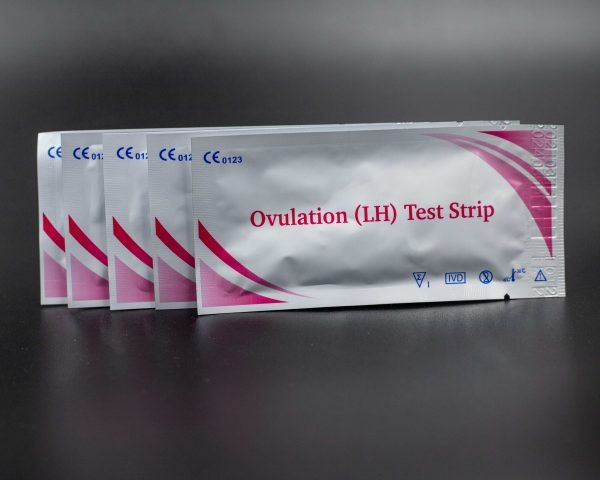









Leave a Reply